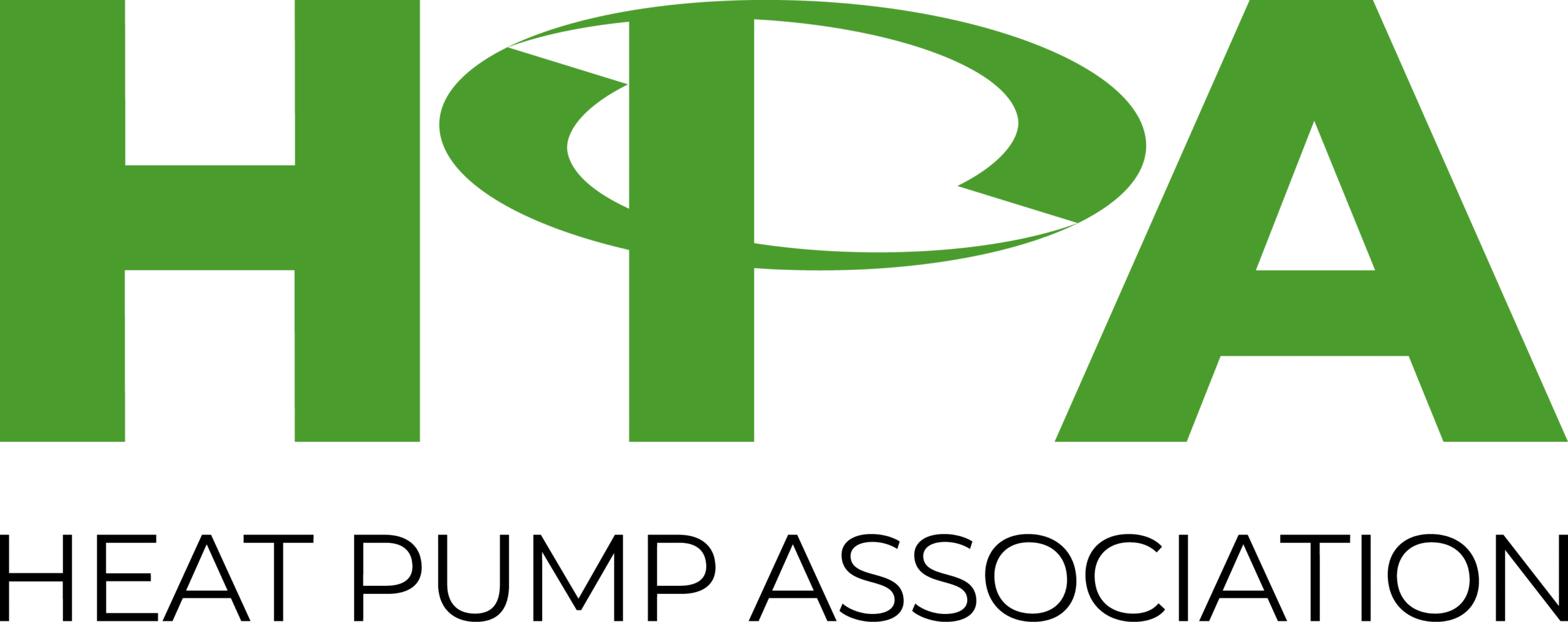The HPA are pleased to be able to confirm that the RHI affirmative regulations passed the final stage in Parliament on 17th May.
Ofgem will be updating their website to confirm the details of the changes being enacted on 22nd May.
Here is a short summary of the regulations included in the package to become live on 22nd May:
Domestic RHI:
⢠Introduction of Assignment of Rights (registration to be a Registered Investor commences 27th June with the first registrations anticipated in the Autumn)
⢠Introduction of mandatory electricity metering for heat pumps on DRHI and domestic properties on shared ground loop systems in the NDRHI
Non-domestic RHI:
⢠Introduction of tariff guarantees â for HP’s GSHP >100kW only- amount of heat covered limited to 250GWh per year
⢠Removal of wood fuel drying, waste drying or processing, and domestic swimming pools on Non-domestic premises as eligible uses of heat
⢠Introduction of shared ground loop regulations for ground source heat pumps â payments for heat pumps linked to domestic properties will be made on basis of deemed heat rather than metering
⢠Changes to efficiency thresholds for solid biomass Combined Heat and Power plant (implementation of 20% power efficiency threshold, up from 10%)
⢠Uplift to biogas/biomethane tariffs
⢠New Biogas/biomethane feedstock requirements closely linked to the high biomethane and biogas tariffs
⢠Removal of digestate drying as an eligible heat use
Changes affecting both schemes:
⢠Revision of degression thresholds out to 2020/21
⢠Amend degression mechanism methodology
⢠Operational administrative changes to give Ofgem (scheme administrators) further powers:
o Clarification that any grant funding received post-accreditation is to be deducted from future payments;
o Clarification of powers to withhold payments for a Metering Monitoring Service Package (MMSP) in cases of non-compliance;
o Clarifying Ofgem powers to reject applications where it is not fully satisfied that the plant will operate in line with ongoing obligations;
o Amending enforcement provisions to make it clearer where Ofgem may impose sanctions, including putting a greater onus on participants to evidence that they are in compliance;
o Introducing new powers where Ofgem has been refused access to a site;
o Enabling Ofgem to ban applicants from the scheme where they have misled Ofgem;
o Reducing the period of dormancy (when applications are with applicant pending further information or clarification) from a minimum of 12 weeks to a minimum of 4 weeks;
o Clarifying in regulations that Ofgem may conduct an unannounced audit.
Once the changes are live, updated Guidance documents will also be published there to reflect the amended regulations.

Recent Comments